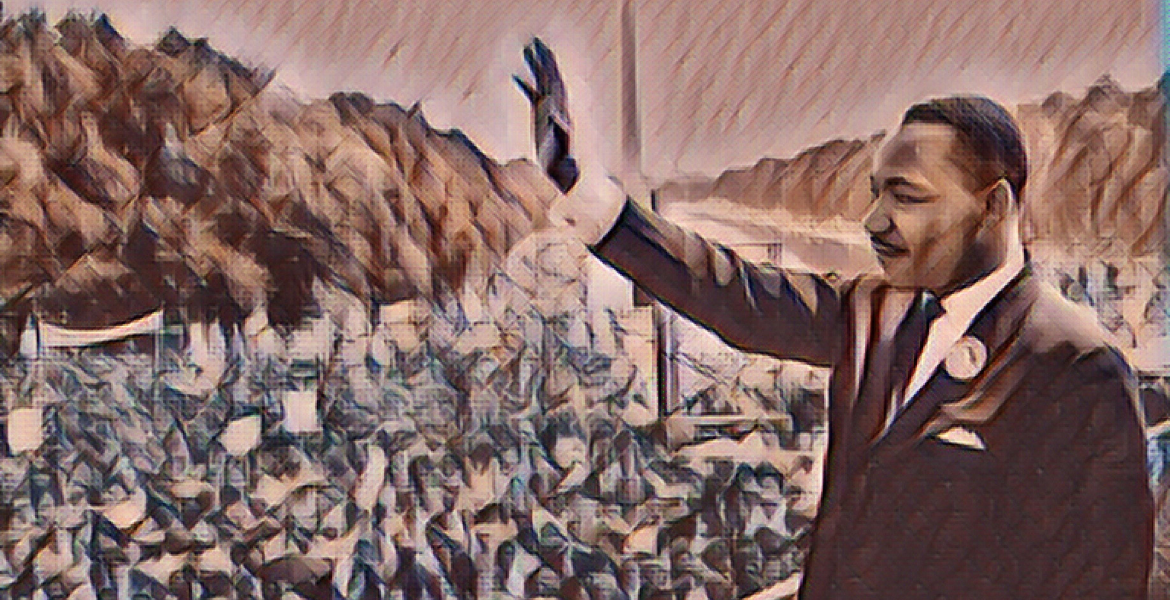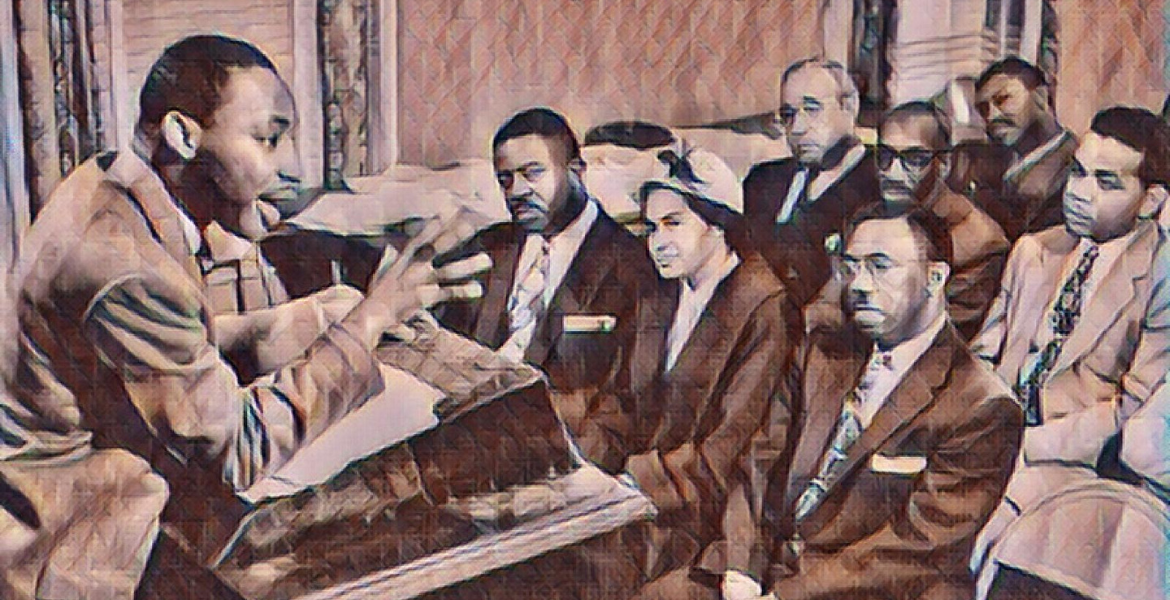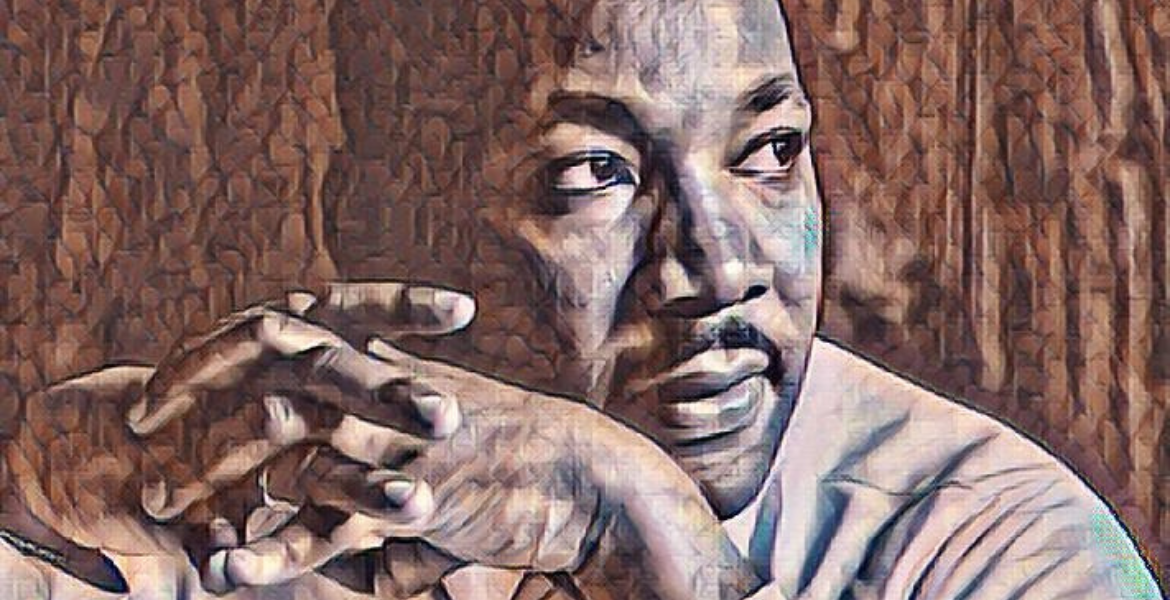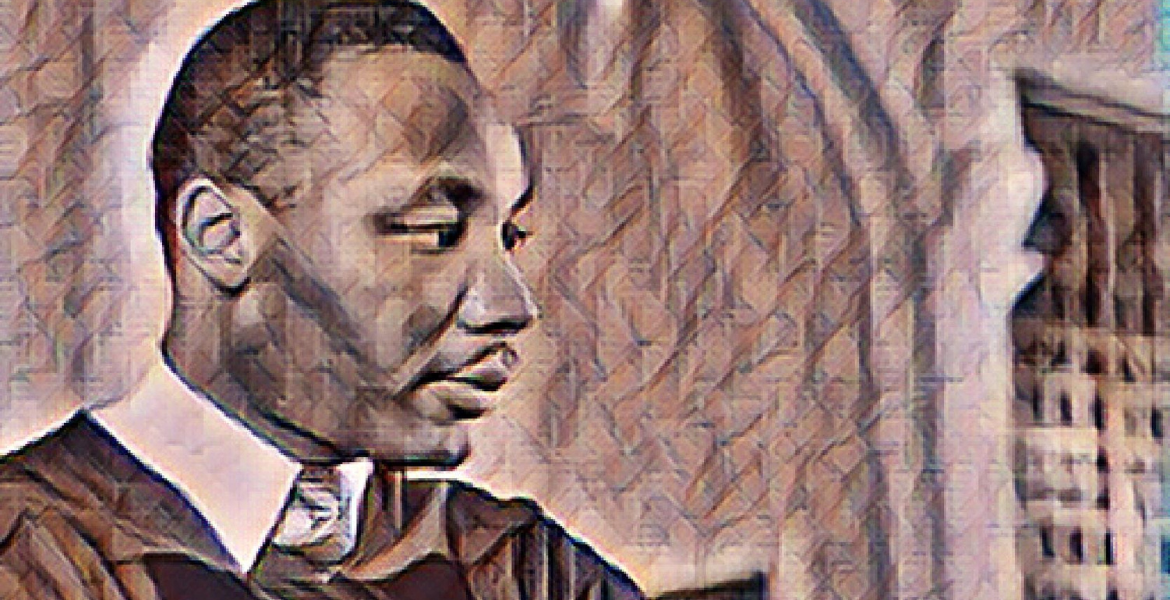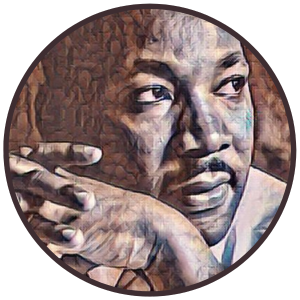Voices Against Hate & Bias Project
A Call to End Hate & Bias
From Arthur Butler, Executive Director of the Schenectady County Human Rights Commission
These are times that call for bold and visionary leadership in the spirit of Martin Luther King. In honor of Dr. King’s enduring legacy, the Schenectady County Human Rights Commission is announcing a new campaign to End Hate & Bias in all forms.
Our nation was created to offer opportunity for all, not some. We must come together from all perspectives and walks of life and faith. We must come together in the hope that our movement of love will drive out hate.
Hatred is not inherited; it is a learned behavior that tears into the very fabric of the American dream. Hate and bias discolor and stain the memories, visions, and hopes for a better society. We want to unite those with hope, dreams, and commitment to work for a just and caring community and world.
Share Your Voice!
To participate, simply submit your words in the form of an opinion, comment, or short story that illustrates how love can drive out hate.
Please keep your submission to no more than 250 words.
Voices from the Community
"Hate is a nebulous and sneaky thing. Sometimes hate is benign, like my hatred for carrots.
But when hate is no longer benign; when hate becomes malignant and metastasizes is when it has a micro, mezzo, or macro impact on a person's life. Unfortunately, all LGBTQ+ people, in every corner of New York State, have experienced malignant and often lethal forms of hate at each of those levels.
LGBTQ+ children to be: 3-5 times more likely to commit suicide; three times as likely to be put in foster care, four times as likely to be street homeless; and causes staggering research results such as 40% of transgender adults already having attempted to take their own life. The next time you witness hate, ask yourself, "is this benign like that guy who seems to really dislike carrots... or is this something that could lead some to harm themselves or others?" Whenever it is the latter, we must act on behalf of the victim, as silence always favors the oppressor."
Excerpt from
-Nathaniel G.
"Bias is a preference either for or against an individual/group that affects someone’s ability to judge fairly. Often biases go unchecked, which leads to that aspect of an individual’s life to be normal or accepted.
Why do you hate that person/thing? In some cases, homophobia and racism is something that a person encounters in their environment from an early age. It is very important to focus on reversing these early biases. It is essential to have empathy, compassion has proven to lead to fairness against biases."
Excerpt from
-Dashawn A.
"Hope for a better world! It sure would be nice if people and situations got better. But where does ‘better’ start? It starts with me. It starts with me caring more about how people hear my words. It starts with me not even judging the self-centered meanies (like I just did calling them that). It starts with me understanding my historic and personal privilege. It starts with me looking in the world for the last, the least, and the lost and helping them more than just getting mad at the proud. That helping may be an invention or an intervention. It may be a new idea or a new kindness that shifts the tilt of what is. It may mean a new kind of listening. Where do you think a better world starts? "
-Bill L.
"The importance of supporting tolerance and inclusivity in all environments has been heightened in the recent past as there has been a push to support DEI efforts, but there is still much work to be done. It would be wrong to write about hate speech and fostering tolerance without pointing to current events - with the Israeli-Palestinian conflict coming to a head, I see hate and misinformation flying on all platforms daily.
That’s what I think hate is, the dichotomy of saying “you’re either with me or against me, and if you’re against me you’re wrong”. While this is far from applicable to all scenarios where hate is allowed to have a voice, there is always a sense of “me versus you”. Whether it be this war or any historic instance of bigotry, hate has a way of dividing individuals. Hate is one-dimensional in that sense, it fails to see the gray areas that encompass issues."
Excerpt from
-Divya F.
“Everyone has had an assumption made about them because of who they are and how they look. While these can sometimes be ”positive” assumptions, which can still be damaging, more often than not, these are usually negative assumptions made against someone of a different race, religion, sexual orientation, or gender. Taken to the extreme, these biases can influence how entire communities interact with those who are different...
In this particular instance, the hate was levied against asylum seekers, many of whom were small children, who only wanted to better their lives. Instead of them being met with the compassion I hoped they would be met with, they were instead treated as invaders by those whose biases blinded them to the fact that these frightened people could be anything more than that.
Excerpt from
-Charlie D.
"Promoting a culture of anti-hate and anti-violence is crucial for fostering a healthy and just society. By actively rejecting prejudice and aggression, we create space for dialogue and cooperation. Embracing the rich mosaic of human diversity and celebrating our shared humanity can serve as powerful antidotes to the toxicity of hatred. Through education, awareness, and open conversations, we pave the way for a more compassionate world where kindness prevails over animosity, and where differences are not sources of division but opportunities for growth and unity. Let's create a world where differences are celebrated, and kindness becomes our universal language."
-Carol B.

